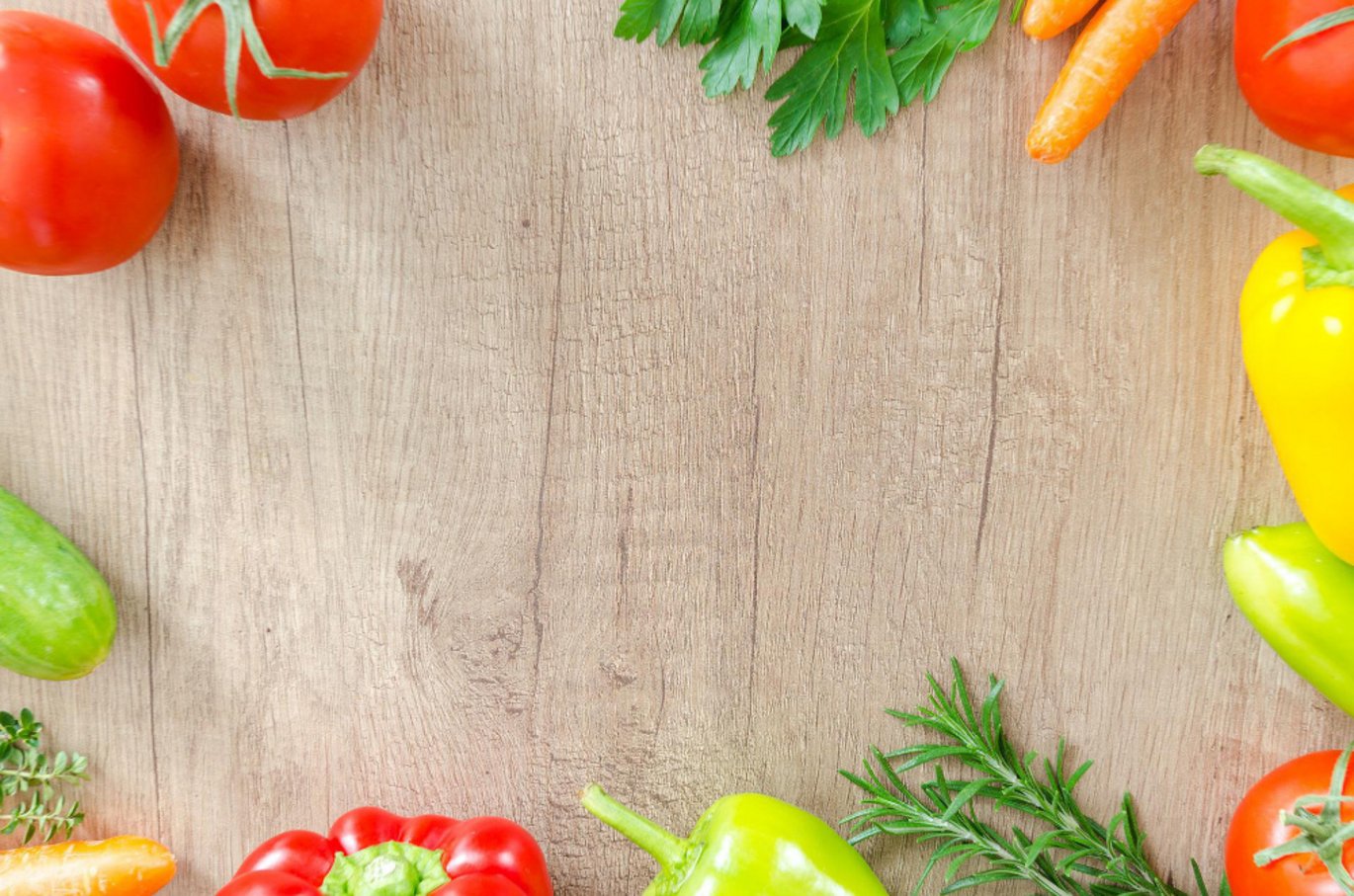Research for climate-friendly sustainable diets and food procurement
In order to achieve the climate goals in the Paris Agreement and the UN's sustainable development goals, it is necessary to optimize the diets in private homes as well as in commercial kitchens.

The composition of diet holds one of the greatest potentials for reducing climate impact from our food systems. The market, for example the professional kitchens, demands climate-friendly and sustainable food, but are lacking tools that can help with practical meal planning.
The Organic RDD project, SustainOrganic, under the auspices of ICROFS, has worked since 2019 to map the carbon footprint and environmental impact of organic food items to create documented knowledge that can support sustainable diets for commercial kitchens. By including both the foods' carbon footprint and other environmental impacts, advice based on this is expected to be able to support a more knowledge-based food choice.
Data from the foodservice sector has been used to identify the most common food items and food groups. In the note "Examples of purchasing patterns in the food sector", researchers from Aarhus Univeristy have investigated how the very large number of food items in the foodservice sector (approx. 22,000 foods) can be matched with reasonable food groups and the data that is currently available on the carbon footprint of food. Next, the different purchasing patterns in the food sector have been identified, and the food composition in selected meal boxes, canteens and the average diet of Danes has been analyzed. The studies show that there is large differences in the meat comsumption in canteens that have achieved "bronze", "silver" or "gold" in proportion of organic food, where canteens with a high proportion of organic food have a lower consumption of livestock-based foods.
The reserachers have also carried out a large scientific review of LCA studies. Life Cycle Assesssment (LCA) is a method used to calculate carbon footprint and environmental impact of food items. The environmental LCA method takes into account all the sub-processes that affect the production of a specific product. Everything that goes into the farms such as feed, animal manure, diesel, and licestock etc. Emissions to land, air and water are estimated and included in the LCA.
SustainOrganic has in the current review mapped which LCAs have been made on organic foods; in which countries they are made, which food items they cover, which environmental impact categories are included and whether there is a comparison with conventional foods. The study shows that most LCAs on organic foods have been carried out in Europe and North America with the main focus on carbon footprint and with the most LCAs in milk and cereal crops. Only a few LCAs have included soil carbon changes or effects on biodiversity and ecotoxity. The first results from this review are published in the DCA report "Knowledge synthesis on life cycle assessments and climate efficiency in the agricultural sector" (only avaibable in Danish).
Visit the website of SustainOrganic
Project leader
Marie Trydeman Knudsen
Aarhus University
Blichers Allé 20, Postbox 50, DK-8830 Tjele
+ 45 87 15 79 58
mariet.knudsen@agro.au.dk